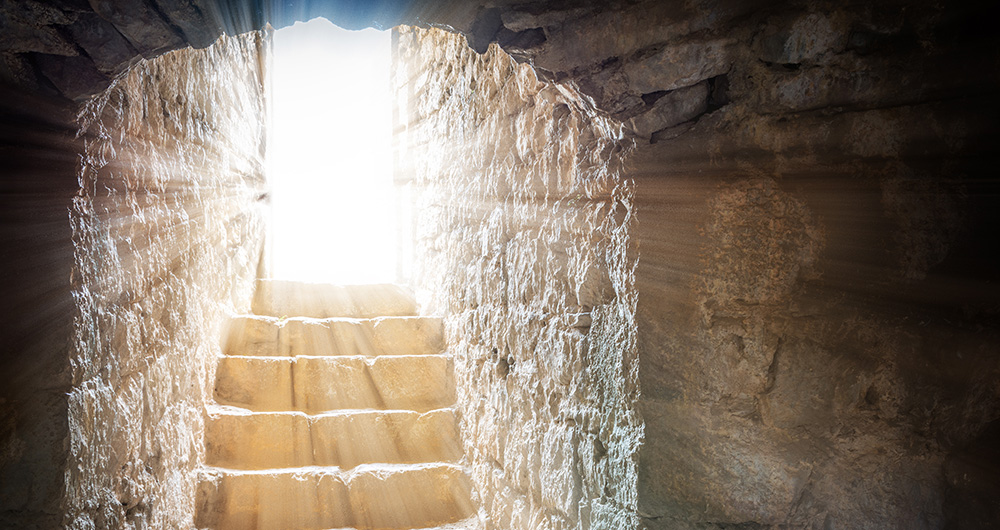The Creed concludes with what we hope but have not yet achieved: eternal life. While “resurrection” speaks of only one thing — the dead coming to new life, of the body becoming incorruptible — reference to “the world” speaks to the new creation.
The Creed ends this way because, to an extent, we can say that heaven is not the goal. Heaven, when it comes to completion, will be a unity of heaven and earth.
The resurrection of the body means that we will be reunited to our bodies when Christ comes again. Just as Christ is risen in a body that now no longer suffers or is corruptible, so too we will also share in this glory with our own bodies. It is also a strong affirmation that our bodies are not only good, but they are gifts to us from God out of love for us. Our bodies are temples of the Holy Spirit.
The new world that God brings about is the heavenly Jerusalem. Peace reigns, it is the time when the lion lays down with the lamb, and swords are beaten into plowshares. It is a time of the triumph of God’s love over sin and death, where God definitively brings about his final plan for his creation. God will not let what he has created go to waste or be destroyed. Our God is a God of life, and at the end of time, he will lift up all creation back into relationship with him, where all creation will enter into a real communion with Father, Son and Holy Spirit.
Father Harrison Ayre is a priest of the Diocese of Victoria, British Columbia. Follow him on Twitter at @FrHarrison. Read the series of articles on The Creed here

